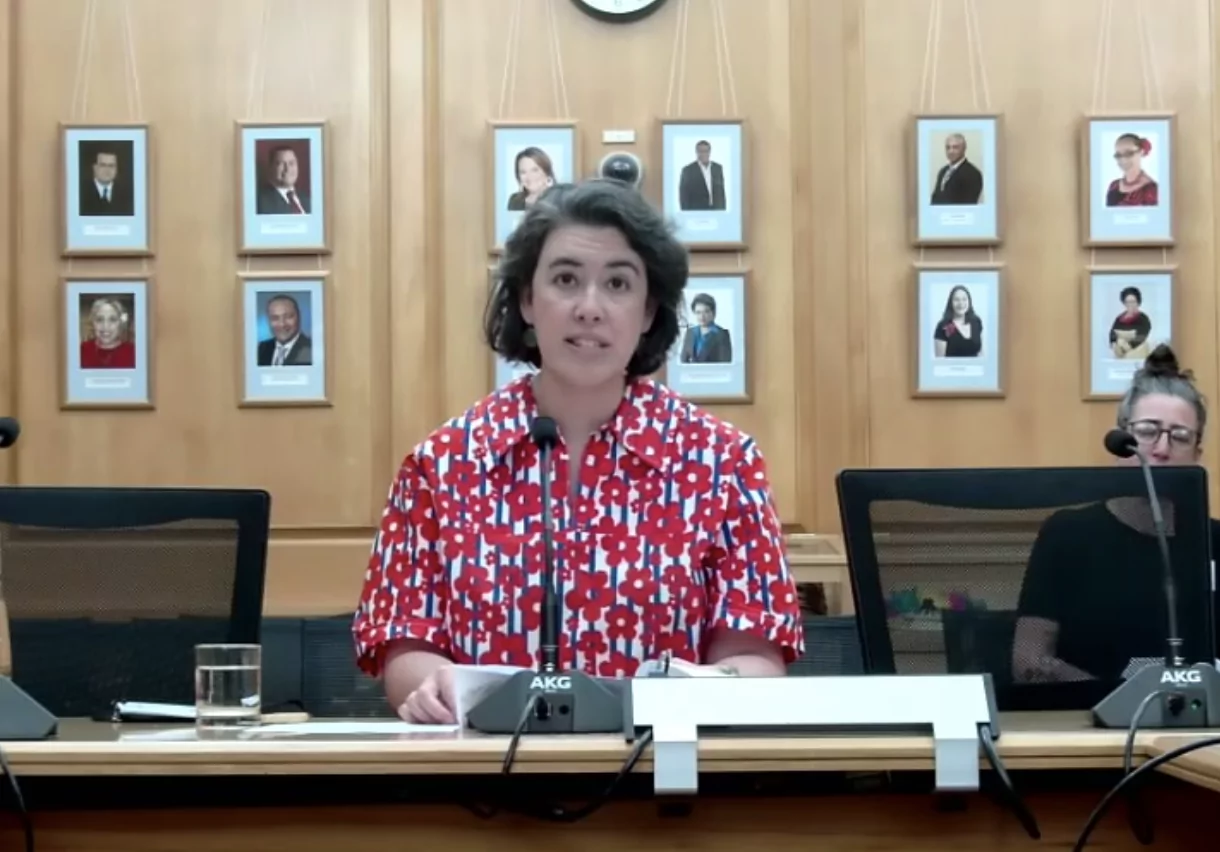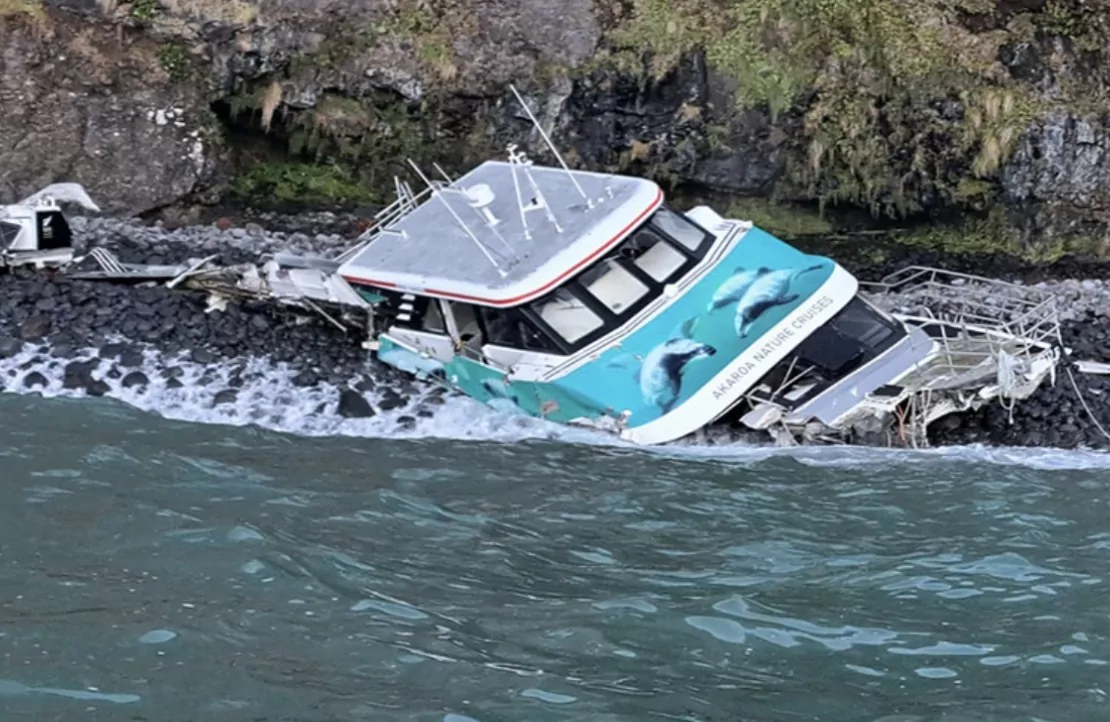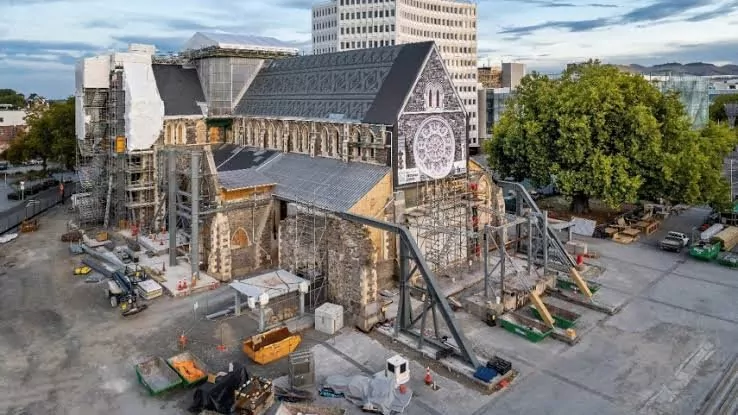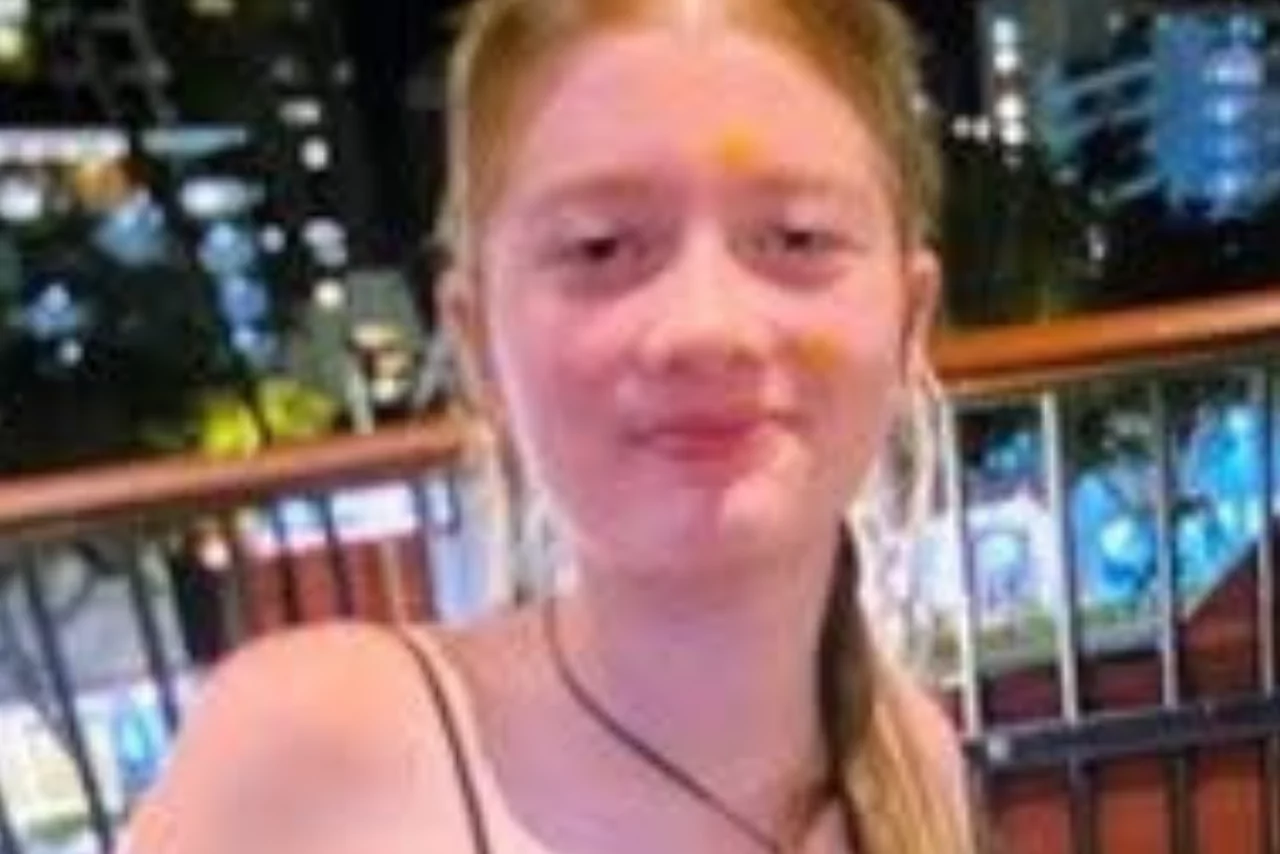Escaped youth tracked by Eagle helicopter, found hiding in New Brighton
The young person who escaped from a youth justice facility in Rolleston has been located...

[Content warning: this story contains reference to a suicide attempt]
New Zealand’s Children’s Commissioner is reviewing concerns following a Chris Lynch Media article on a 15-year-old-boy who’s spending his sixth night in a Christchurch police cell.
His mother, who spoke to Chris Lynch Media, said she was furious about the situation, given her son suffers from ADHD and mental health struggles.
Her son, who has 22 previous charges, became “caught up with a group of older youths” who intimidated people at a Christchurch property last Thursday.
Security cameras captured him kicking the front door while others tried to find a way inside, she said. Her son was facing a burglary charge.
The teenager was arrested alongside three others, aged 17 and 18. While they were bailed either to home or Oranga Tamariki care, her son remained locked in a police cell at Christchurch Central Police Station. Chris Lynch Media cannot name the teenager or his mother for legal reasons.
His mother said her son attempted to take his life on the first night in custody and did not receive the appropriate mental health support.
Late on Tuesday, she said she was told he would be sent to a youth justice facility in Rotorua.
Children’s Commissioner Dr Claire Achmad said “It’s unacceptable that a child has been held in a police cell for this length of time and I have sought further information about this situation.”

Chief Children’s Commissioner Dr Claire Achmad
“Without commenting further on this individual case, I’ve been very clear that I want to see New Zealand end the practice of holding children and young people in police cells.
“Police cells are not places for children to be. I am very concerned that over the past few years there has been a significant increase in the numbers of children being held in police cells, and often for lengthier periods of time,” Dr Claire Achmad said.
“My team at Mana Mokopuna and I know from our Optional Protocol to the Convention Against Torture monitoring work that time spent in police cells can be isolating and distressing for children.
“We have heard this from them directly. Being held in police cells does not align with children’s rights under the UN Convention on the Rights of the Child, because children have the right to safe and appropriate custody aligned to their age and stage as children. Police cells are almost always incompatible with that right, and the UN Committee on the Rights of the Child most recently in 2023 recommended that New Zealand ends this practice,” Dr Claire Achmad said.
“Being held in a police cell limits children’s contact with family, creates uncertainty, and can lead to mental, emotional, and physical harm, including an increased risk of self-harm. For children with disabilities, including neurodevelopmental conditions like FASD, and/or mental health challenges, the risk of harm is even greater.
“As the independent advocate for all children in Aotearoa New Zealand, I have consistently raised my concerns about this practice with government agencies including Oranga Tamariki and Police. Coordinated action is needed across systems to prevent it – including investment into more iwi and community-based options as safe places for young people to be remanded to, so they are not held in cells.
“In terms of law reform, I want to see removal of section 238(1)(e) from the Oranga Tamariki Act, so that no child or young person can be remanded in a police cell after their first Youth Court appearance.
“While this option does exist, when a child is detained in a police cell, they must be visited regularly by Oranga Tamariki social workers at least once every 24 hours, but preferably more often, to ensure they are safe and well and to help maintain links with their whānau. They must have access to a lawyer, be supported to maintain contact with their family and whānau and/or support person, and their specific physical health, disability and mental health needs must be met.
“Police cells are no place for children to be and it is absolutely achievable for New Zealand to choose to stop this practice now. This would be a big step forward for children in our justice system and we need to take it.”
Oranga Tamariki Deputy Youth Justice Services and Residential Care Chief Executive Iain Chapman confirmed to Chris Lynch Media the “young person has been found a placement.”
“When a young person is arrested and in police custody, we aim to move them into suitable alternative placements as soon as possible, in collaboration with our partners at police.
“The Oranga Tamariki Act 1989 specifies the legal orders available to the court while a young person is waiting for their hearing and includes an order for detention in Police custody,” Chapman said.
“Occasionally there are challenges with how quickly an alternative placement is available, or with arrangements to move the child or young person. On these occasions, they may remain in Police custody for more than 24 hours. This is not what we want to happen, and we monitor these situations closely. Our teams assess, review, and prioritise placements every day, or more frequently when needed.”
Iain Chapman said “young people are visited and supported by Oranga Tamariki social workers while in custody, and we can confirm this young person has been visited every day, in addition to safeguarding measures by police. There are currently 188 beds available in secure residences across both youth justice and care and protection facilities, and 97 beds available in community homes (including care and protection, remand and bail homes).
“Youth justice residences each have a safe operating capacity, which varies due to the dynamic operating environment. We have been operating at maximum safe operating capacity from time to time recently. The operational environment in residences is dynamic, and we monitor and adjust the safe operating capacity in response to changes in that environment. The decision about if a young person is remanded in custody or released on bail once they have appeared in a Youth Court is a decision for a judge to make.”
Police Canterbury Operations Manager Inspector Bryan Buck told Chris Lynch Media “police and Oranga Tamariki are working closely in relation to a youth who has been in custody in Christchurch since being arrested on Thursday.
“The youth has been remanded in police custody by a judge until there is a suitable secure facility available, or until the youth is due to appear in the Christchurch Youth Court on 27 August, charged with burglary.
“Under section 238 (1) (e) of the Children’s and Young People’s Well-being Act 1989, where a child or young person appears before the Youth Court, the court shall (if satisfied that suitable facilities for the detention in safe custody of that young person are not available) order the young person be detained in Police custody.
“We work in close partnership with Oranga Tamariki, specialist mental health services, medical professionals, the Courts, legal representatives, as well as other sector agencies, to provide a supportive and safe environment that prioritises the wellbeing of young people during their time in Police custody.”
The mother told Chris Lynch Media “I asked police where does the justice services draw the line on what is right and what is wrong in regards to keeping youth in the cells and yet again have not been given any answers.
The boy’s mother said “he just wants to be out, and get back on track and ensure he’s there for the birth of his child which is due in less than 3 weeks.”
National helplines
Need to talk? Free call or text 1737 any time for support from a trained counsellor
Lifeline – 0800 543 354 (0800 LIFELINE) or free text 4357 (HELP)
Youthline – free text 234, call 0800 376 633, webchat at youthline.co.nz, DM on Instagram @youthlinenz, message on Whats App 09 886 56 96.
Samaritans – 0800 726 666
Suicide Crisis Helpline – 0508 828 865 (0508 TAUTOKO)
Depression Helpline – 0800 111 757 or free text 4202 To talk to a trained counsellor about how you are feeling or to ask any questions


